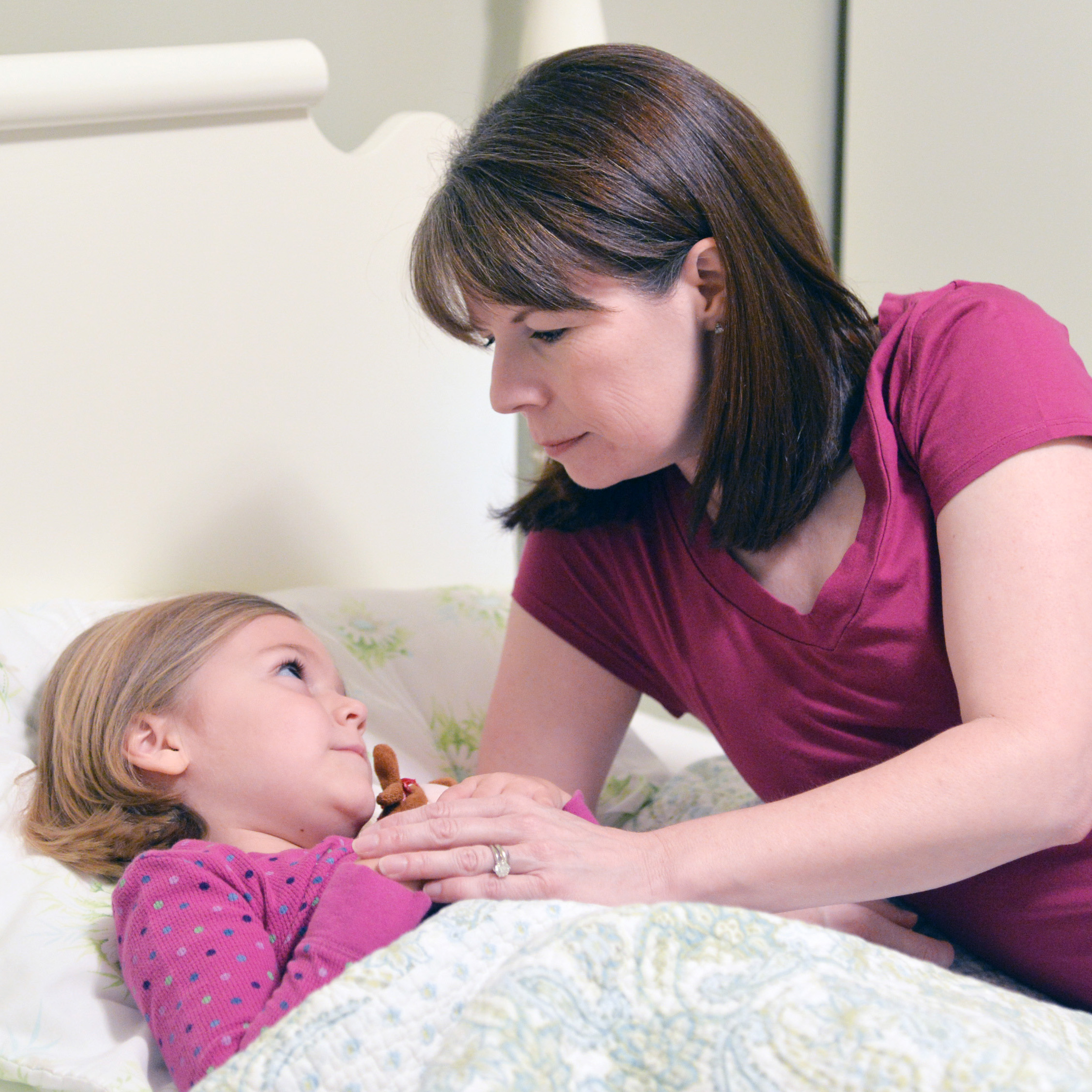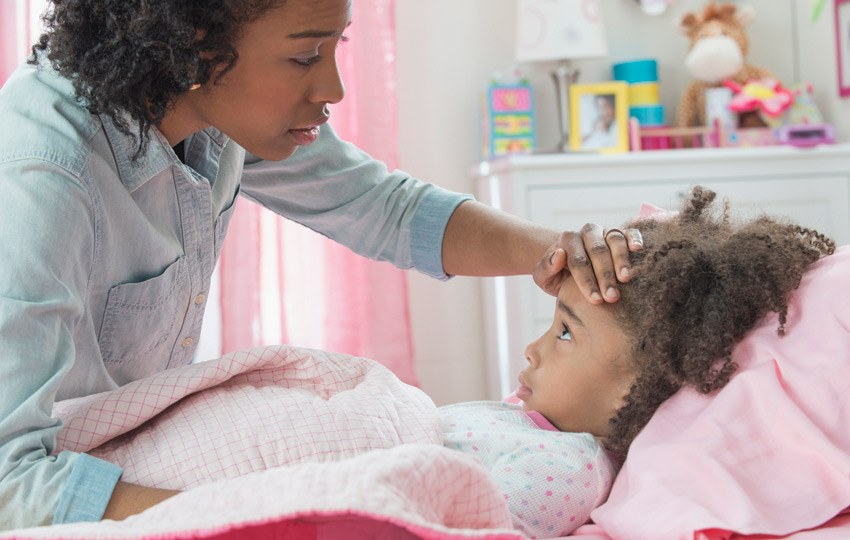Pediatricians see a surge in RSV cases this time of year. Here’s what to know about this seasonal respiratory illness.
Is it RSV, the flu or something else?
There’s no way for parents of sick kiddos to know for sure without testing.
These respiratory illnesses, which have similar symptoms, work together to send a growing number of children to the pediatrician offices and emergency rooms this time of year.
“RSV and influenza are the two big illnesses that we’re seeing right now,” said pediatrician Dr. James Antoon, who specializes in respiratory illness at Monroe Carell Jr. Children’s Hospital at Vanderbilt. “Winter is the traditional time for illnesses like RSV, pneumonia, bronchiolitis, the flu and other lower respiratory illnesses.”
RSV (respiratory syncytial virus) infections are the most common cause of bronchiolitis and pneumonia in children aged 1 and younger in the United States. The contagious virus can spread from a cough or sneeze or from touching surfaces that have the virus on it, and causes runny nose, cough and fever, among other symptoms.
So what’s a parent to do?
Vaccines and preventive treatments are available to help ward off RSV.
Nirsevimab-alip, which goes by the brand name Beyfortus, is now given for the prevention of RSV in newborns and infants born during or entering their first RSV season, as well as for children up to 24 months who are vulnerable for a second RSV season. Nirsivemab substantially reduces the risk of office and emergency department visits and hospitalization from RSV illness.
The Centers for Disease Control and Prevention recommends vaccination against RSV for children 19 months and younger and adults 60 and up, along with pregnant women during weeks 32 through 36 to protect their babies.
Other ways to prevent RSV
Along with talking to your pediatrician about preventive treatments, Antoon recommends taking these other measures to help protect your child:
- Make sure frequent and proper handwashing is happening.
- Cough and sneeze into elbows.
- Mask around people who are sick.
- Stay home and keep your child home when sick.
- Get recommended flu and COVID-19 vaccinations for your children and yourself to help prevent multiple infections at the same time, which can increase the severity of the illness.
If your child is sick
The symptoms of these respiratory illnesses are so similar and overlapping you can’t tell based on symptoms alone which illness a child has without testing. Testing for influenza is important because your pediatrician can prescribe medication to treat it; testing for RSV is helpful for ruling out the flu.
In general, here’s guidance on what to do if your child is sick:
- For mild symptoms like fever, cough or runny nose, treating at home by taking Tylenol and Motrin and drinking fluids is usually sufficient, whatever the respiratory infection.
- For more moderate symptoms of fever, runny nose, cough, or digestive and breathing issues, a call or visit to your pediatrician is in order.
- If the symptoms are more severe — fast or difficulty breathing, belly breathing or noisy breathing (respiratory distress), difficulty eating, or signs of lethargy — a child should be taken directly to an emergency room.
How long does RSV last?
RSV illness typically causes about five to seven days of illness, generally peaking on the fourth or fifth day before getting better. Children who are most vulnerable are those younger than 6 months, children who have multiple viral infections at once, and those who have other underlying illnesses or conditions.
When in doubt, Antoon said, “call or go to your pediatrician if you’re worried.”

Care After Hours
Vanderbilt’s Children’s After-Hours Clinics offer the convenience of a walk-in clinic with care provided by a board-certified pediatrician from Monroe Carell Jr. Children’s Hospital at Vanderbilt. No appointment is necessary, but calling your pediatrician first is recommended.

